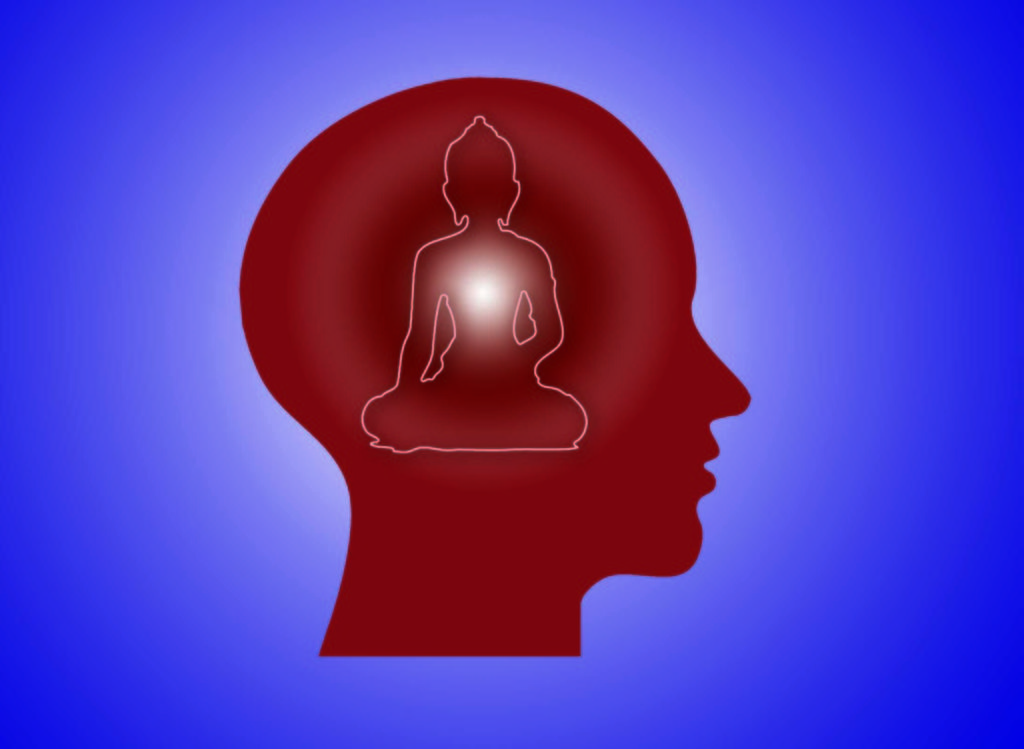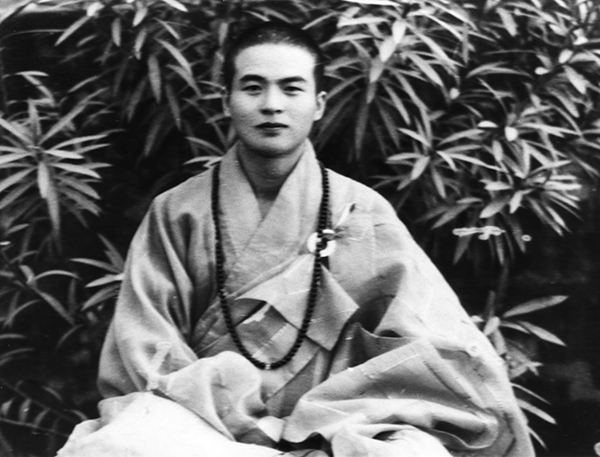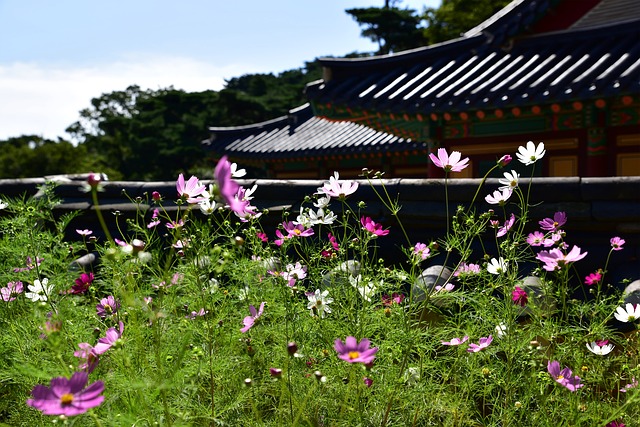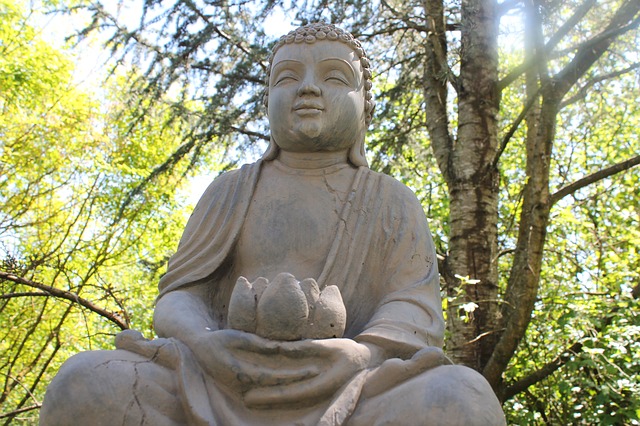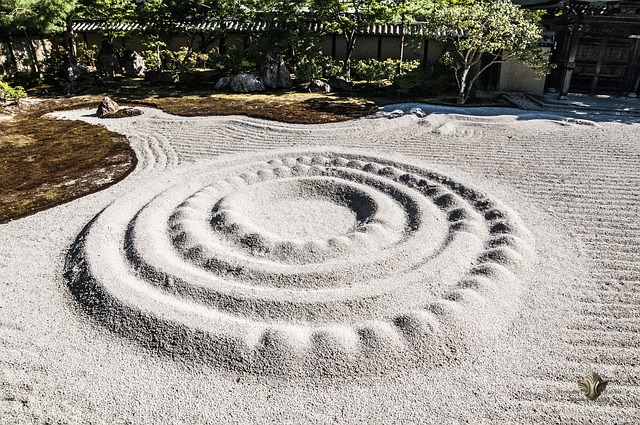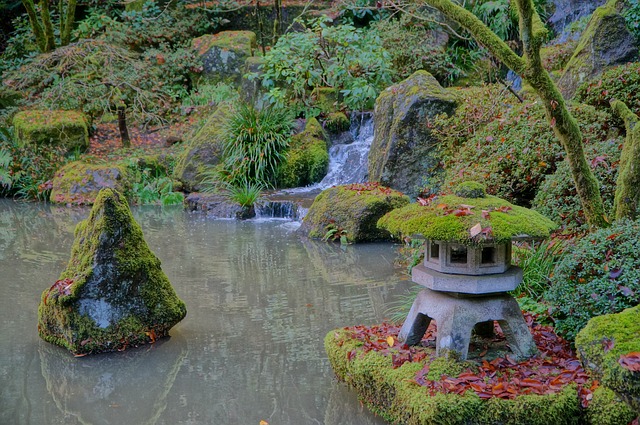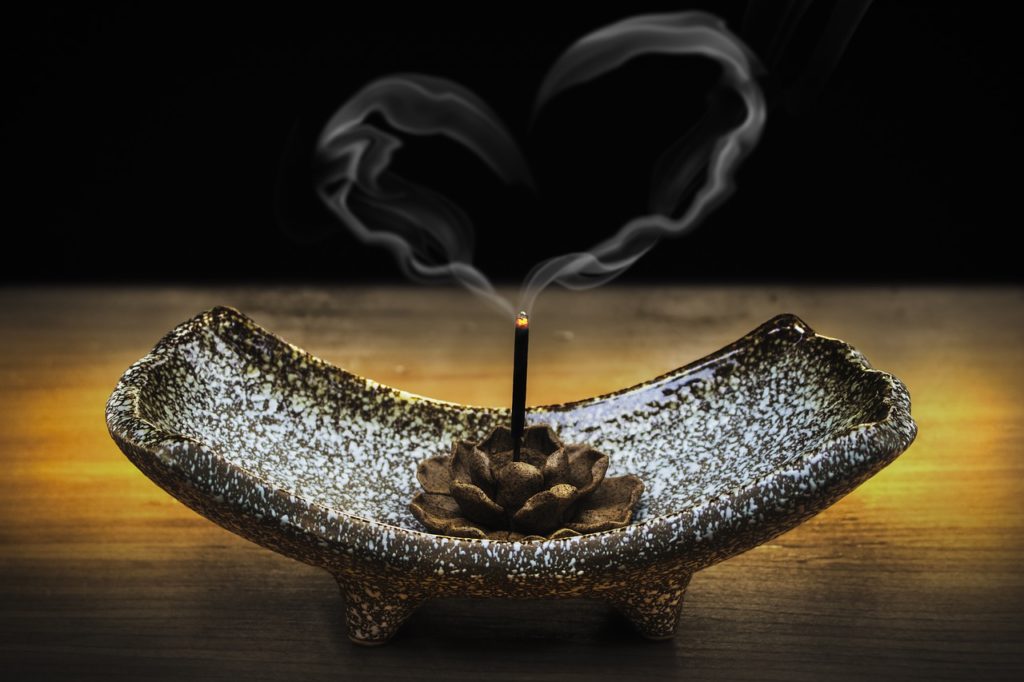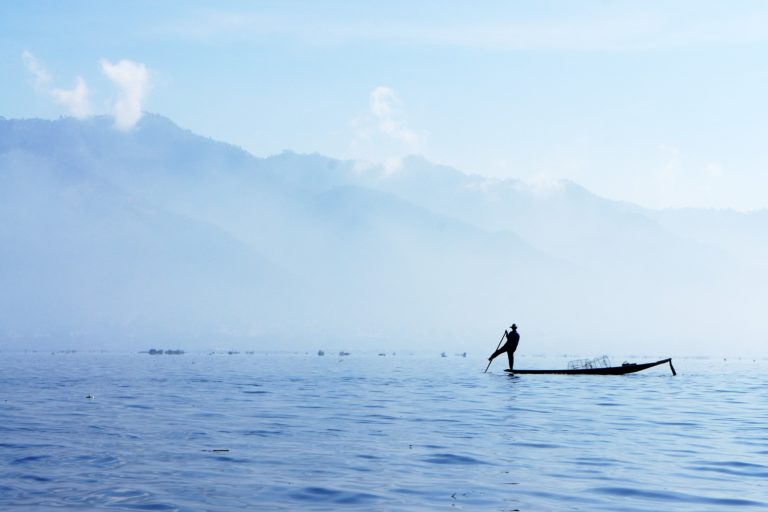
We sometimes see signs on the highway warning: “Keep a safe distance.” Actually, it is not only in driving that we need to keep a distance. For safety reasons, any person and anything in the world needs to keep a distance.
Take, for instance, the human body. Our eyes, nose, and mouth all need to keep a distance from one another. Our internal organs all have their positions. The teeth and tongue in our mouth must keep a distance because if our teeth accidentally bite our tongue, it hurts.
When we plant trees, vegetables, and flowers, we have to measure the right distance between them so they can grow well. The distance between the words and sentences of an article should be right, to allow easy reading.
When communities build apartment complexes, there is often too little space in between and as a result much conflict takes place among the neighbors. If there is more space for fences and walls, keeping a distance between them, then even children may not fight as much.
When we view a painting, we need to see it at a certain distance before we can truly appreciate its beauty. When reading a book or newspaper, our eyes will see clearly and not hurt when we do so from the right distance. We keep our homes a safe distance from water sources, so that the water will not be contaminated. With criminals and other undesirable elements, we also want to keep a safe distance.
Some people fail to keep a distance from harmful matters in exchange for profits. They often find it hard to stay away from these matters.
For instance, some people who are curious, or who for health reasons use drugs, eventually become addicted. They will find it very difficult to give up their addiction. So keeping a distance from drugs, when necessary, is very important.
On the highways and roads, there are medians, double yellow lines, bypass areas and similar installations. They are all built to keep distance between moving vehicles for safe driving. In hospitals, quarantine areas are designated with warning signs so that people can keep away. In zoos, there are also signs warning people to keep a safe distance from the wild, caged animals to avoid unnecessary injuries from any possible attack. In the park, certain regions are kept off limits to protect the plants and flowers growing there. We also keep a distance from high voltage wires. In addition, we keep a distance from polluted air, steep cliffs and rushing rivers.
Our unwholesome thoughts, ideas, or any actions and speech that may hurt others should also be kept at a distance. While we should keep a distance from everybody and everything that is bad and dangerous, we should stay close to anything that is good and benevolent for us.
From Seeking Happiness, written by Venerable Master Hsing Yun.
Image from Pixabay.


